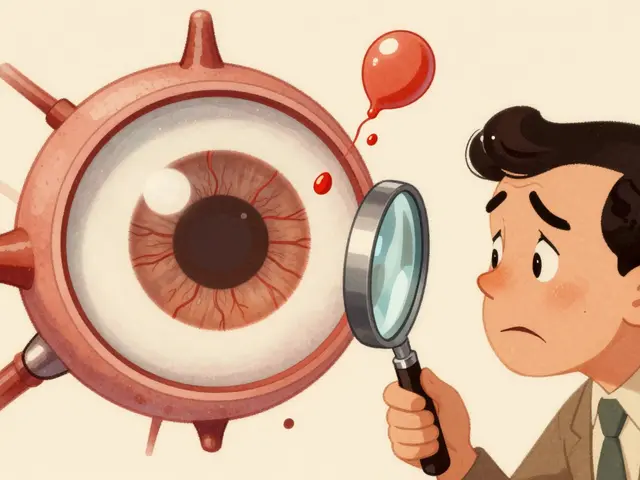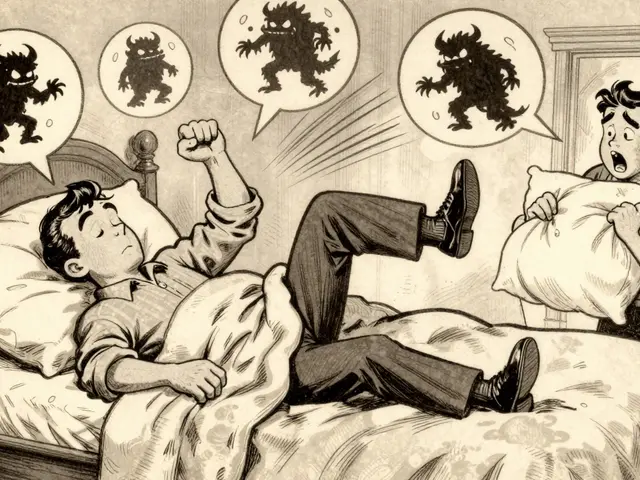Warning Signs: How to Spot Health Red Flags Early
Ever felt something just isn’t right but weren’t sure if it mattered? That uneasy feeling could be a warning sign. Knowing what to watch for helps you act fast, avoid complications, and keep medical costs down.
Why Paying Attention to Warning Signs Saves You Money and Stress
When you ignore a small symptom, it can turn into a bigger problem that needs more treatment. A mild chest tightness, for example, might be simple heartburn, but it could also hint at heart disease. Catching it early means a quick doctor visit instead of an emergency room stay.
Early detection also reduces the emotional toll. You’ll feel more in control when you know the steps to take rather than being caught off‑guard by a sudden illness. That confidence alone can lower stress levels and improve overall well‑being.
Top Warning Signs Across Common Conditions
Chest discomfort – Pressure, squeezing, or pain that lasts more than a few minutes warrants a medical check, especially if it spreads to the arm or jaw.
Unexplained weight loss – Dropping several pounds without changing diet or exercise can signal thyroid issues, infections, or even cancer. Track it and talk to a professional.
Persistent fatigue – Feeling wiped out day after day may point to anemia, diabetes, or sleep apnea. It’s more than just “tired”; it’s a signal your body needs help.
Changes in vision or eye redness – Sudden blurriness, double vision, or red eyes that don’t improve with rest could be vitamin deficiencies or eye infections. Early testing can prevent long‑term damage.
Sudden mood swings or anxiety – While stress happens, dramatic shifts might be linked to hormonal changes, medication side‑effects, or mental health conditions that need attention.
Each of these signs appears in the articles you’ll find under the Warning Signs tag on Tabs‑RX.com. We break down why they matter, what tests to consider, and what steps to take next.
For example, the post on Eye Redness and Vitamin Deficiencies explains which vitamins to check, how to test, and when to see a doctor. The article about When to Switch From Gabapentin lists clear signs that the drug isn’t working and offers safe transition tips.
Our goal is to give you quick, evidence‑based answers so you can decide whether a symptom needs a doctor’s eye. Bookmark the Warning Signs tag, read the guides that match your concerns, and keep a simple symptom journal. Write down what you feel, when it started, and any patterns you notice. When you bring that list to a health professional, the conversation becomes faster and more accurate.Remember, you don’t have to become a medical detective. Spotting a warning sign is about listening to your body and acting when something feels off. Use the resources on this page as your toolkit, and you’ll be better equipped to stay healthy.





